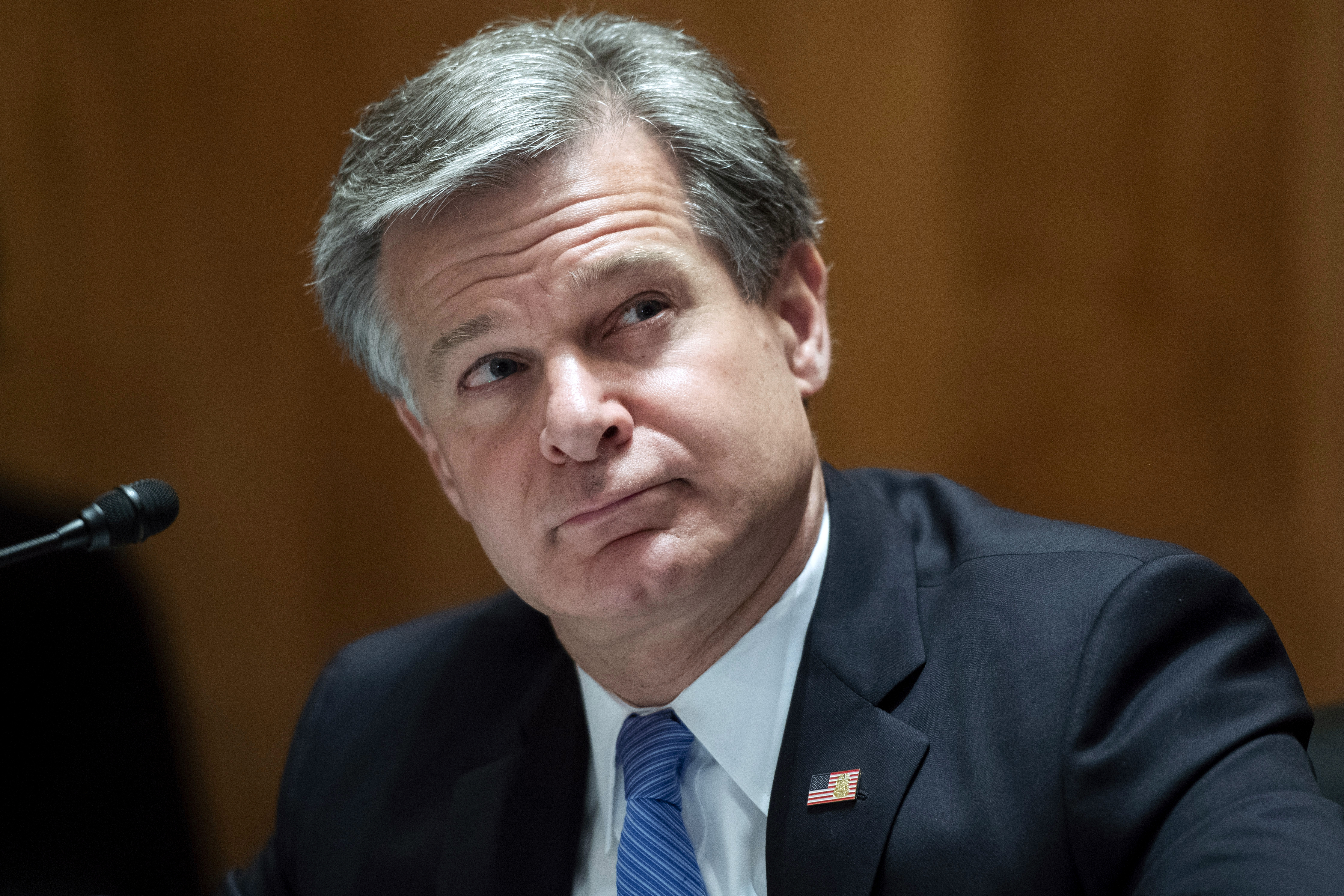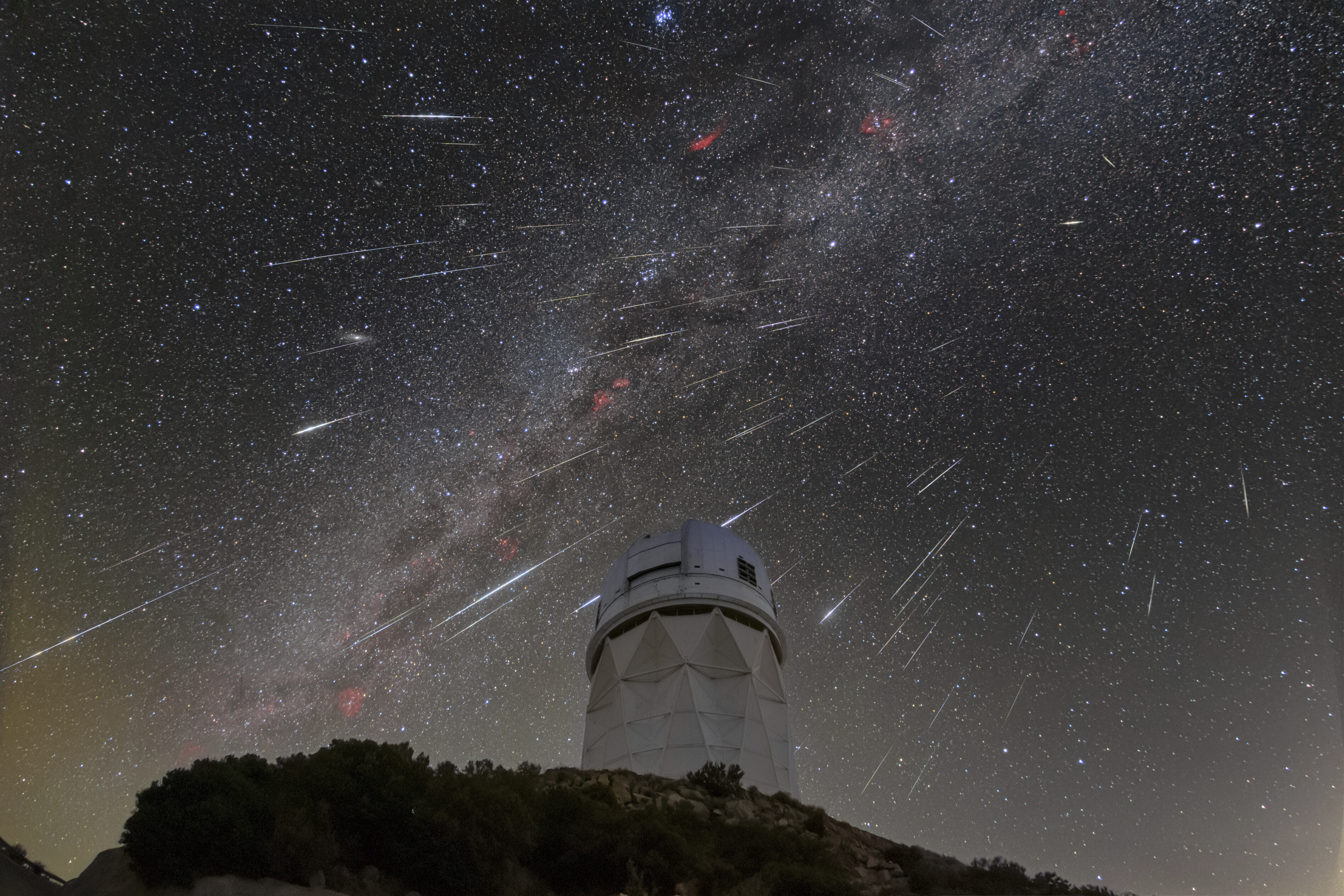
When gunshots pierced the evening air at Donald Trump's rally in western Pennsylvania Saturday night, they echoed generations of political violence in some of America's most troubling moments — giving terrifying, percussive emphasis to a chaotic 2024 presidential election that is unlike any other in U.S. history.
The assassination attempt wrote a ghastly new chapter in the story of deepening division and American political polarization over the past decade. Intense us-versus-them rhetoric has climbed between liberals and conservatives as trust in reliable information sources has fallen, replaced by bad-faith actors on insufficiently moderated social media platforms. And unprecedented events shaking the nation’s political system keep accumulating.
Six weeks and one day before the shooting, Trump became the first former president convicted of a crime when a Manhattan jury found him guilty on all 34 felony counts related to falsifying business records to hide an alleged sexual encounter with a porn star so that he could help his political fortunes.
In between, Trump's late-June debate with President Joe Biden left the incumbent so politically damaged that some members of his own party have called on him to abandon his pending nomination. The Supreme Court granted Trump — and future presidents — broad immunity from prosecution for acts undertaken while in office.
And now Trump, on the precipice of officially accepting his third consecutive Republican nomination at next week's GOP convention, has survived an assassination attempt. It's the first time a president or presidential candidate has been wounded by a would-be assassin in more than four decades, since President Ronald Reagan was shot in 1981.
Four presidents — Abraham Lincoln, James Garfield, William McKinley and John F. Kennedy — were killed by assassins’ bullets. Kennedy’s brother, Robert F. Kennedy, was killed as he campaigned for the Democratic nomination in 1968, and George Wallace, the segregationist Alabama governor, was paralyzed by a would-be assassin while he was on the campaign trail in 1972. In 1981, Ronald Reagan, little more than two months into his presidency, was shot and badly wounded outside a Washington hotel.
Get Tri-state area news delivered to your inbox.> Sign up for NBC New York's News Headlines newsletter.
Americans reacted to each by coming together in shock and grief — and without any clear pattern of political implications beyond that. Now, it is not yet clear how the shooting will affect the outcome of the Trump-Biden rematch. But it has jolted a nation and disrupted a race that has long been viewed as static.
U.S. & World
Trump, who pumped a defiant fist in the air with blood streaked across his face in the immediate aftermath of the shooting, said on social media Saturday night that a bullet struck his ear.
Republicans quickly rallied to Trump in statements, social media posts and television appearances, suggesting an acceleration of the unification that typically occurs within a political party around its national convention. Many of Trump's most loyal supporters declared themselves energized by the failed attempt on his life.
At the same time, the attack has interrupted and overshadowed everything else happening in the 2024 campaign — including the more than two weeks of blistering criticism Biden has been taking from fellow Democrats who were alarmed by his debate performance and unsatisfied by his efforts to clean up the mess.
Both campaigns advised their staffs Saturday night not to make public comments about the attempt on the former president's life, but some Trump allies began casting blame on Biden.
"The central premise of the Biden campaign is that President Donald Trump is an authoritarian fascist who must be stopped at all costs," said Sen. JD Vance, R-Ohio, who is a potential vice presidential pick for Trump. "That rhetoric led directly to President Trump's attempted assassination."
Democrats, who have long held Trump responsible for rhetoric they say incited the Jan. 6, 2021 assault on the U.S. Capitol, pushed back on that messaging.
A Biden aide pointed to "the continual comments the president has made condemning political violence and saying it can never happen, before and during" his administration.

Matt Rourke / AP
Biden, Democratic leaders and most Republican leaders called for civility in the wake of the shooting.
“The idea that there’s political violence, or violence in America like this is just unheard of," Biden said. "It’s just not appropriate. I mean, everybody, everybody must condemn it.”
And yet an alarming number of presidents and candidates have been targets of assassination attempts, shaking American elections and democracy itself along the way.
In all, according to the Congressional Research Service, there were 15 attempted assassinations of presidents, presidents-elect and presidential candidates through 2008.
"Political violence is unacceptable," Jack Schlossberg, grandson of John F. Kennedy, wrote on X. "But it’s part of our history."
Robert F. Kennedy Jr., who is seeking the presidency this year as an independent candidate, has asked the Biden administration to provide Secret Service protection and has so far been denied a protective detail. Asked about that in an interview with News Nation, he declined to press his case and instead called for lowering the temperature in American politics.
"I was with my dad when he died in Los Angeles," Kennedy Jr. said. "I understand the implications that this has for our country."
Less clear are the implications for the November election.
This story first appeared on NBCNews.com. More from NBC News:



